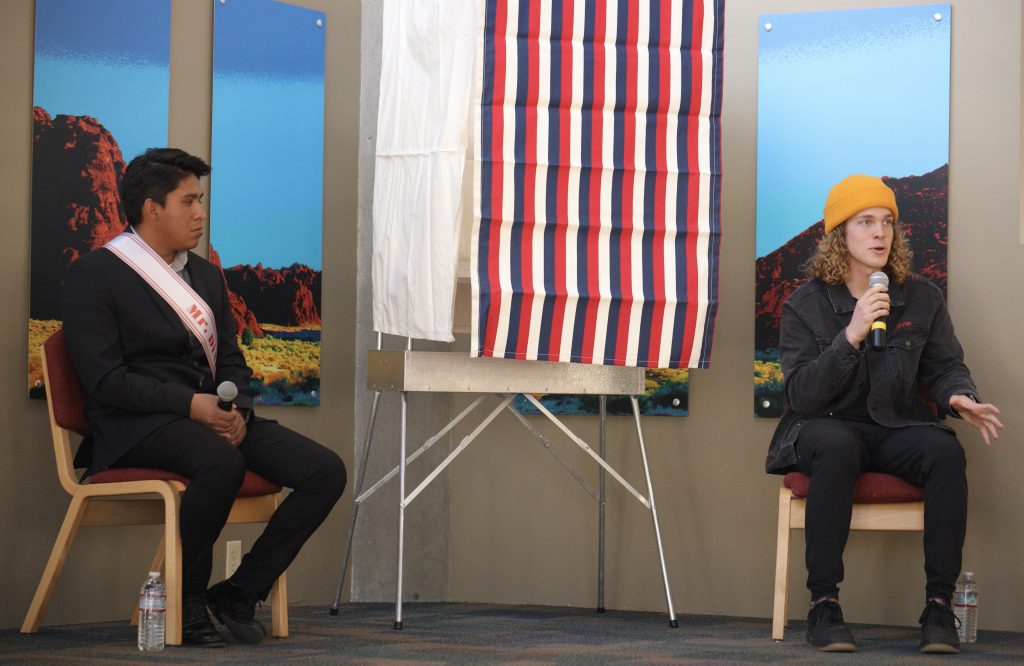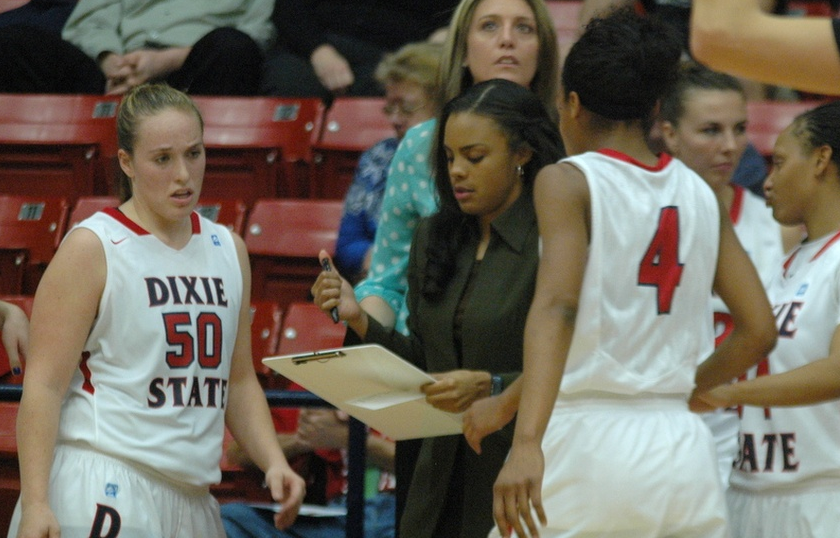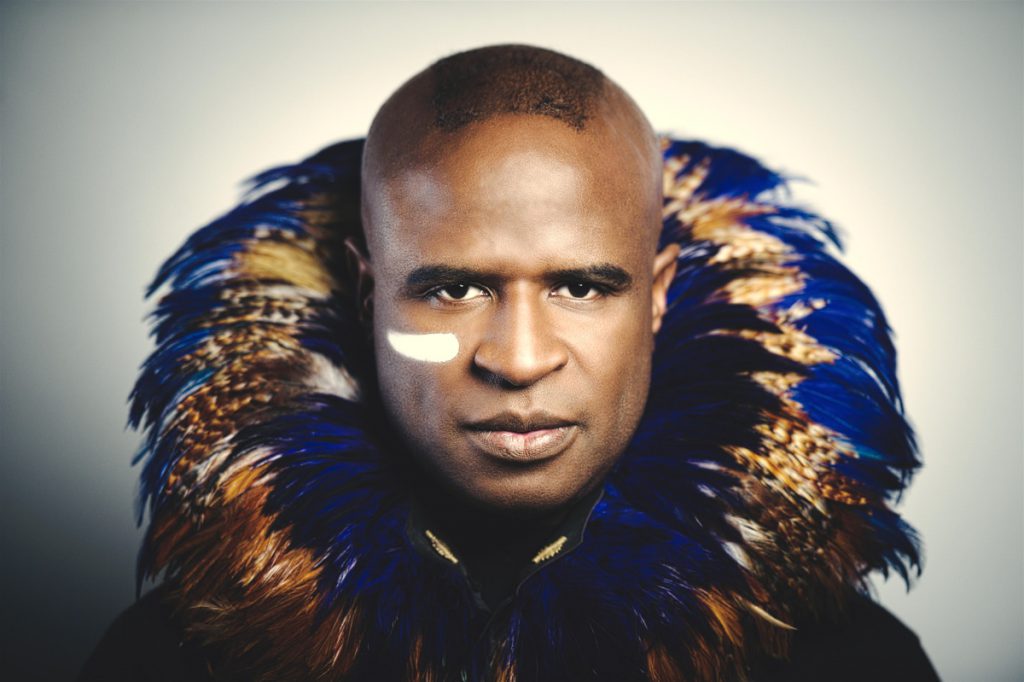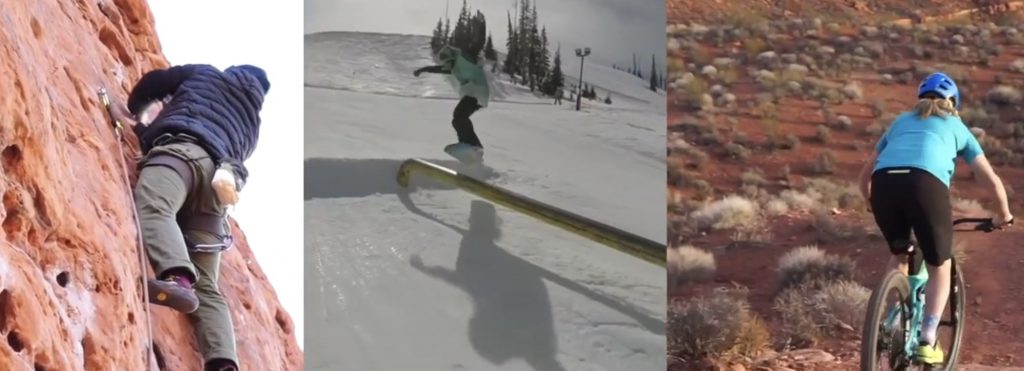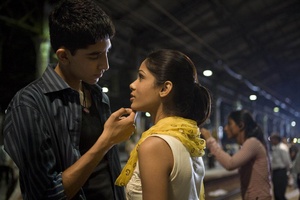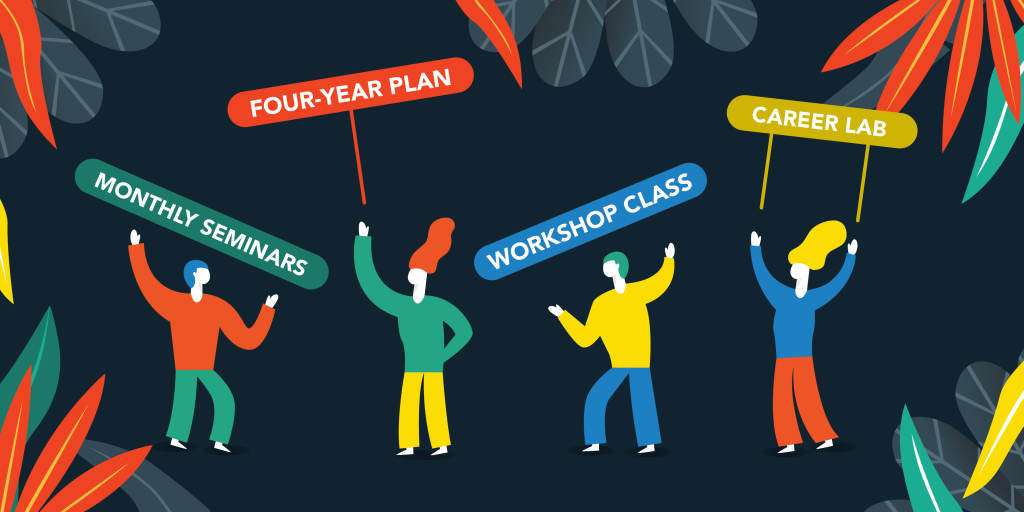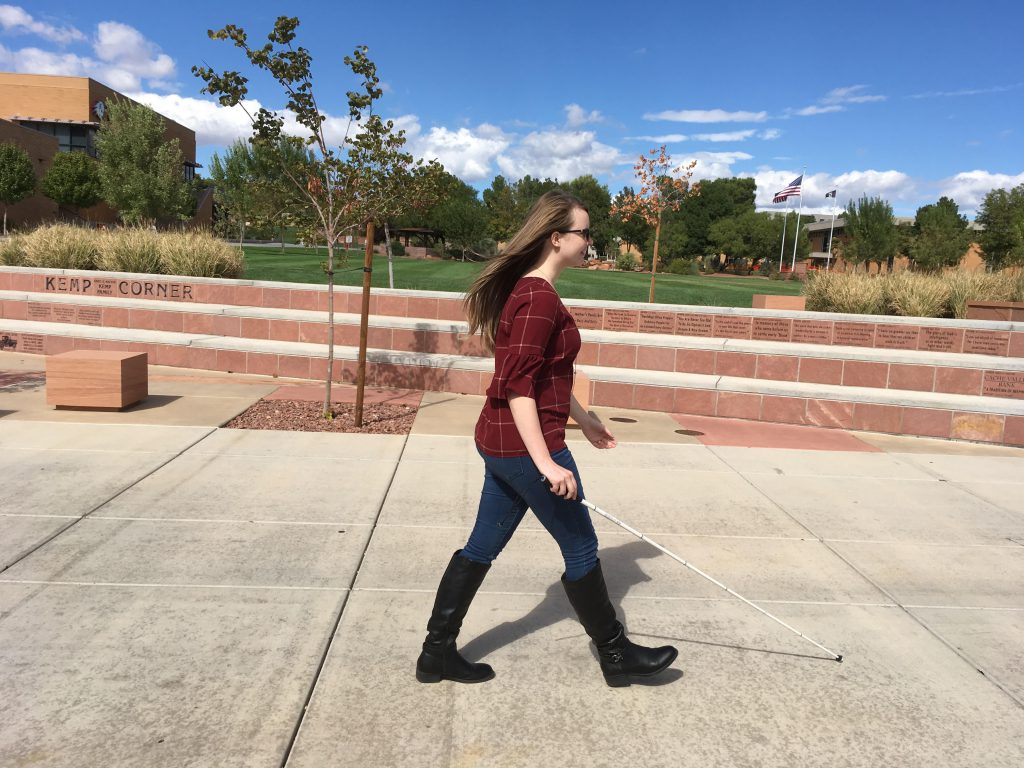With two years at Dixie State University under his belt, President Biff Williams said he has no regrets.
Some of DSU’s accomplishments this year Williams said he is most proud of include the rollout of the new Trailblazer identity, the groundbreaking of the new student housing complex, and the development of new academic degrees and programs.
But while DSU is still transitioning from a young university to a more established institution, there is still room for improvement, Williams said. Increasing funding, promoting diversity on campus, and boosting school spirit are some of the goals Williams said he’d like to see next year.
Increasing funding
Williams said one of his goals is to “bump up” funding for departments and programs on campus.
Part of DSU’s strategic plan was to revamp the identity. Love Communications charged $50,000 to head the search for DSU’s new mascot and identity.
“We invested $50,000 in creating our new brand, but look at the spirit that has increased, look at how many alumni have come back, (and) look at the students embracing it,” Williams said. “It’s well worth it.”
Athletic Director Jason Boothe said: “[DSU athletic department] is very underfunded. It is getting better — it has been getting better — but our teams still have to raise tens of thousands of dollars just to reach operational budget.”
Williams said he understands the pressure departments are feeling with limited funds. DSU’s No. 1 priority is to keep tuition affordable for students, which may come at the cost of lower departmental funding, Williams said.
“We’re a baby institution,” Williams said. “I can guarantee you that if you ask any department on campus, every single department will say they’re underfunded … There’s just never enough money. ”
Williams said DSU has invested in enhancing tutoring services in the Student Success Center and recruitment services this year because “DSU’s business is about serving students.” However, finding ways to increase faculty members’ compensation has also been a priority, Williams said.
“We had the lowest rate of compensation in Utah [for adjunct faculty] two years ago,” Williams said. “So we poured a couple million dollars into that because we know, if the adjuncts aren’t happy, our students aren’t going to be happy, and they won’t get the education they want.”
Williams said some DSU staff were being paid 60 percent of the national average of other university workers, so he is allocating $500,000 of funds to DSU staff members budget pools so most of them can be above 90 percent of the national average. Faculty members’ salaries should go up from a 93 percent of the national average to 98 percent next year, Williams said.
As admissions and academic programs at DSU continue to grow, Williams said DSU will be able to solicit more funds from the state legislature.
“In a perfect world, [the state legislature] would fund us in the beginning and let us build the university, but I’ve never seen any institution that that has happened to,” Williams said. “You have to build it, then they will fund it.
Promoting diversity
Another one of Williams’ goals for future years at DSU is to increase diversity and inclusion on campus.
Moving the Multicultural and Diversity Center to the second floor of the Gardner Student Center where the bookstore is now is part of his plan to promote diversity, Williams said. In the meantime, the MCDC will be temporarily moved to the Browning Building.
Christina Duncan, who previously worked as the assistant director for the MCDC, was named as DSU’s inclusion and equity fellow this semester. She said she works directly with Williams to promote and increase diversity on campus.
“We had diversity inclusion workshops that have been integrated into our teaching and learning conference this year,” Williams said. “We’re also looking at classes to see how we can become more culturally sensitive.”
Dean of Students Del Beatty said DSU is becoming much more diverse by recruiting ethnically diverse students, students from other states, and students from different religious and cultural backgrounds.
“The differences and diversity we have on campus is a huge benefit for students,” Beatty said. “The more diverse [DSU] can become, the more prepared students will be to go on into the workforce or go on to graduate school.”
Beatty said DSU will continue to become more diverse in the future because recruiting international students and out-of-state students is a priority.
Boosting spirit
Student support for DSU’s athletic teams and campus events, including theater and musical events on campus, is something Williams said he hopes will start to grow.
“I’d like to see more school pride,” Williams said. “As I was reading the student president candidates’ positions this year, they all mentioned how we need to get that ‘Dixie spirit’ back and pack the crowds and cheer for our teams.”
Boothe said the university’s new Trailblazer identity will help boost pride from athletes, students and community members.
“There is a different feel and vibe on campus ever since the new rebranding,” Boothe said. “It gives people something to attach to and call their own.”
Boothe said students and athletes can expect to see a lot more fun things at games now that they have a new identity.
“Hopefully, our teams will play at a higher level now too to solidify people’s feelings [about the new mascot],” Boothe said.
Williams said he always listens to input from students and faculty members on how the institution can improve. “Burgers with Biff” is an monthly luncheon with Williams and 15 randomly selected faculty members organized so Williams can listen to input from them. Williams said he also hears from many students in his office who share input with him.
“Students here aren’t shy about coming to me and telling me what they’d like to see differently,” Williams said. “Every comment and concern that comes to us, we try to address them.”
Williams said students can submit suggestions to him in his online suggestion box at president.dixie.edu.

